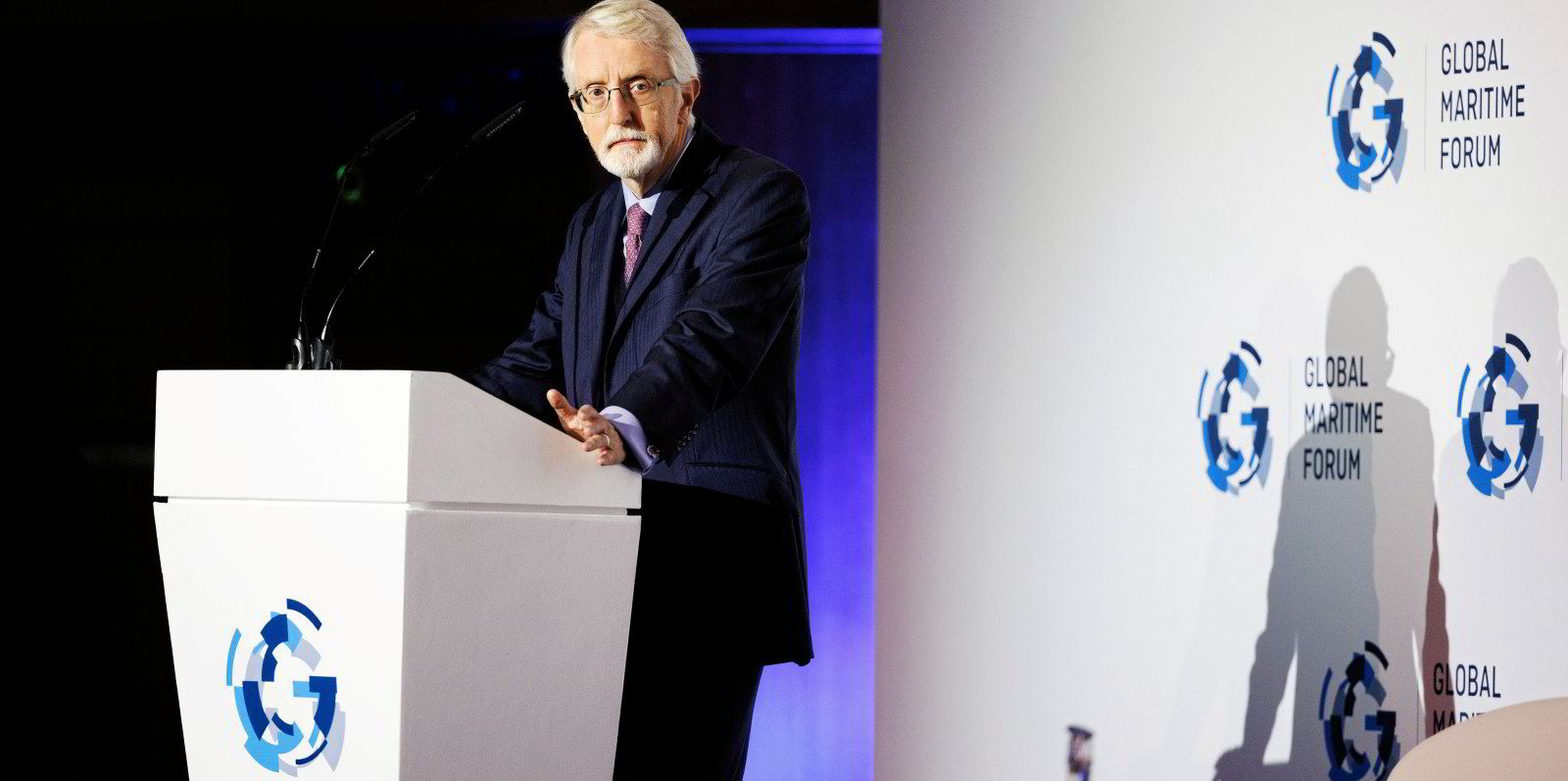Shipowners’ association Bimco has clarified its position on which party should pay for market-based measures (MBM), to reduce shipping’s carbon emissions.
In an updated policy statement, it said that the party that sets the route and speed of the ship should also “provide for emissions allowances or credits under an MBM”.
When a vessel is operating under a period charterparty it is the charterer that purchases fuel and determines the vessel’s operating speed and route.
“We believe that in the case of a time charterparty, this responsibility should lie with the charterer, and under a voyage charterparty, it should be with the party that commits the ship to the voyage charter,” said David Loosley, Bimco secretary general and chief executive.
Bimco represents both shipowners and operators.
Bimco’s position is close to shipowner associations such as the European Community Shipowners’ Association (ECSA).
Last year ECSA president Claes Berglund said the emissions trading scheme costs should be passed onto the “entity responsible for taking operational decisions, which affect the CO2 emissions of the ship”.
The International Chamber of Shipping has also indicated the charterer should pay in its proposal for a global carbon levy, while dry bulk association Intercargo also backs the same principle.
The industry position appears to go against the European Union’s Emissions Trading System — scheduled to enter into force next year — which sources suggest seems likely to make the shipowner liable for paying for carbon emissions.
Operational decisions
The argument over which party should pay for ship emissions is not clear-cut. The charterer usually makes the operational decisions that determine fuel consumption and greenhouse gas emissions. But, it is the owner who makes the investment decisions that determine ship efficiency.
There is an argument that more financial pressure should be applied to the owner to introduce technical solutions to reduce greenhouse gas emissions.
Bimco said if shipping is to transition to carbon-neutral fuels then fresh collaboration will be required. “To succeed, new commercial solutions and shared responsibilities between charterers and shipowners will be required. So will collaborative efforts and responsibilities by stakeholders from shipowners, shippers and charterers to energy suppliers, shipyards, and engine makers,” it said in its policy statement.
It also said it backed a global, rather than regional MBM, to encourage decarbonisation.
Bimco is concerned that excessive technical requirements on existing ships could push them into premature retirements, which could impact global trade.
“This could be in the form of unwarranted removal of needed capacity from the global supply chains and unnecessary additional emissions from building new ships,” Loosley said.





